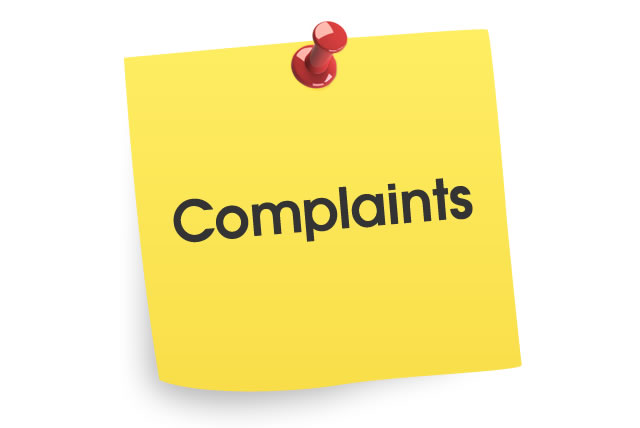This is an excerpt from the book, Bill What You're Worth, by David W. Cottle, CPA.
Nine out of ten times, when a client complains about a price, the price is not the real problem, the problem is some aspect of the service, but the client may not know how to articulate their real complaint, so they focus on price. If you ask why, you can find out the real problem.
Here are a few reasons, other than price, that people complain:
- They didn’t get what they expected. You promised them something (or they thought you promised them, which is the same thing), and they didn’t get it. It might be as simple as a call back you didn’t make or a copy of a document you didn’t send.
- Somebody was rude on the phone or in person. Obviously it wasn’t you (I hope), or the client wouldn’t have told you; the client would just have faded away, never to be heard from again. It might have been one of your associates.
- The client feels that no one made an effort to serve her or him. The client feels that your firm is indifferent to his or her needs. The client may have felt ignored, unacknowledged, or unappreciated.
- No one is listening to the client’s concern.
- Client-contact people project a can’t-do or other negative attitude.
People with complaints want someone to listen, sympathize, apologize, and, if indicated, correct the matter.
Listen, really listen
The most common reason people complain is that no one really listened to them. We all have something to say, and we keep searching for someone to listen. This is especially true when a person has a complaint.
The number one thing a complaining client wants is to tell someone about it. And they will.
A client with a complaint is carrying around a 100-pound sack of rocks, looking for someplace to unload it. If you won’t take the sack, they’ll take rocks out of the sack and hand some to everyone they meet. People with complaints will always tell someone about it. Obviously, you want them to tell you so that they will not feel that they need to tell their neighbor. The following six rules will help you deal with complaints from clients:
Rule Number 1: Listen sympathetically to the complaint. Listen to the whole complaint.
Do not interrupt except maybe for clarification, and even getting clarification is not a good idea until the client finishes his or her narrative. Do not make excuses or try to answer the client until he or she finishes saying everything.
CAUTION: It’s tempting to think that listening means waiting for your turn to talk. However, if you are just waiting for your turn, you lose. Hear the client out completely without interrupting.
Many other rules exist to handling complaints, but because this book is only about pricing,
I will give you only this smallest of summaries:
Rule Number 2: Show understanding and concern.
Rule Number 3: Mutually agree on a solution. Occasionally, you might even simply ask, “What can I do to make this right with you?” Do they want the service redone, a price reduction, an apology, or something else?
CAUTION: Be very careful about granting price reductions. You might inadvertently train clients that you will reduce your prices if they complain. This is a destructive game that you cannot win and that will eventually destroy most client relationships. My general advice is to never cut a price! Some clients will quibble over your price no matter how much or how little it is. Once you establish the precedent of surrendering your price, you have ruined them forever as good clients. They will come back again and again for price concessions.
Rule Number 4: Follow through. Do what you say you will do.
Rule Number 5: Follow up. Call clients back, and ask them how they feel about your firm now.
Rule Number 6: Learn from your mistakes. After handling any complaint, always ask yourself two questions:
- What would have prevented this problem?
- What change should I make in our operations to ensure that this doesn’t happen to someone else?
By the way, nobody wins them all. Some people just like to be mad. Learn to accept defeat philosophically when you lose one.
If the preceding steps don’t satisfy the client, say, “Then you don’t have to pay.” And make sure you remember: next time, discuss prices before you do any more work for that or any other client.
————–
David W. Cottle is a CPA in practice since 1987. Through Cottle Consulting, he helps professional firms improve their profitability, growth, productivity and performance. His book, Bill What You're Worth, now in its second edition, is available on Amazon or through CPA2Biz, which offers discounts to AICPA members. The third edition is scheduled for release later this year.
Thanks for reading CPA Practice Advisor!
Subscribe Already registered? Log In
Need more information? Read the FAQs
Tags: Firm Management, Income Taxes




